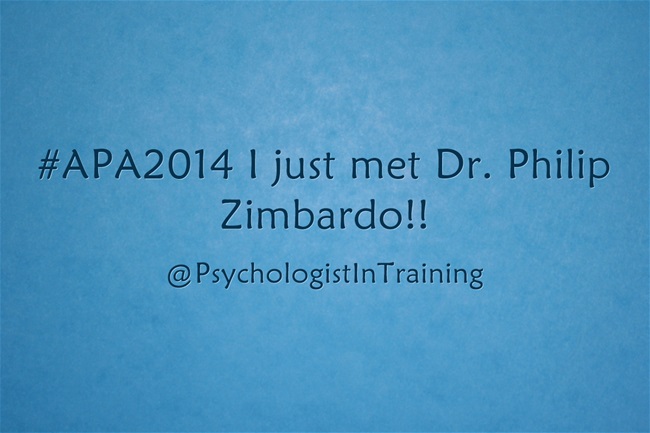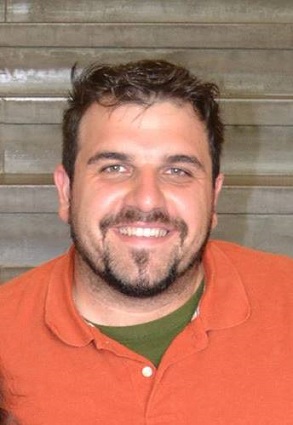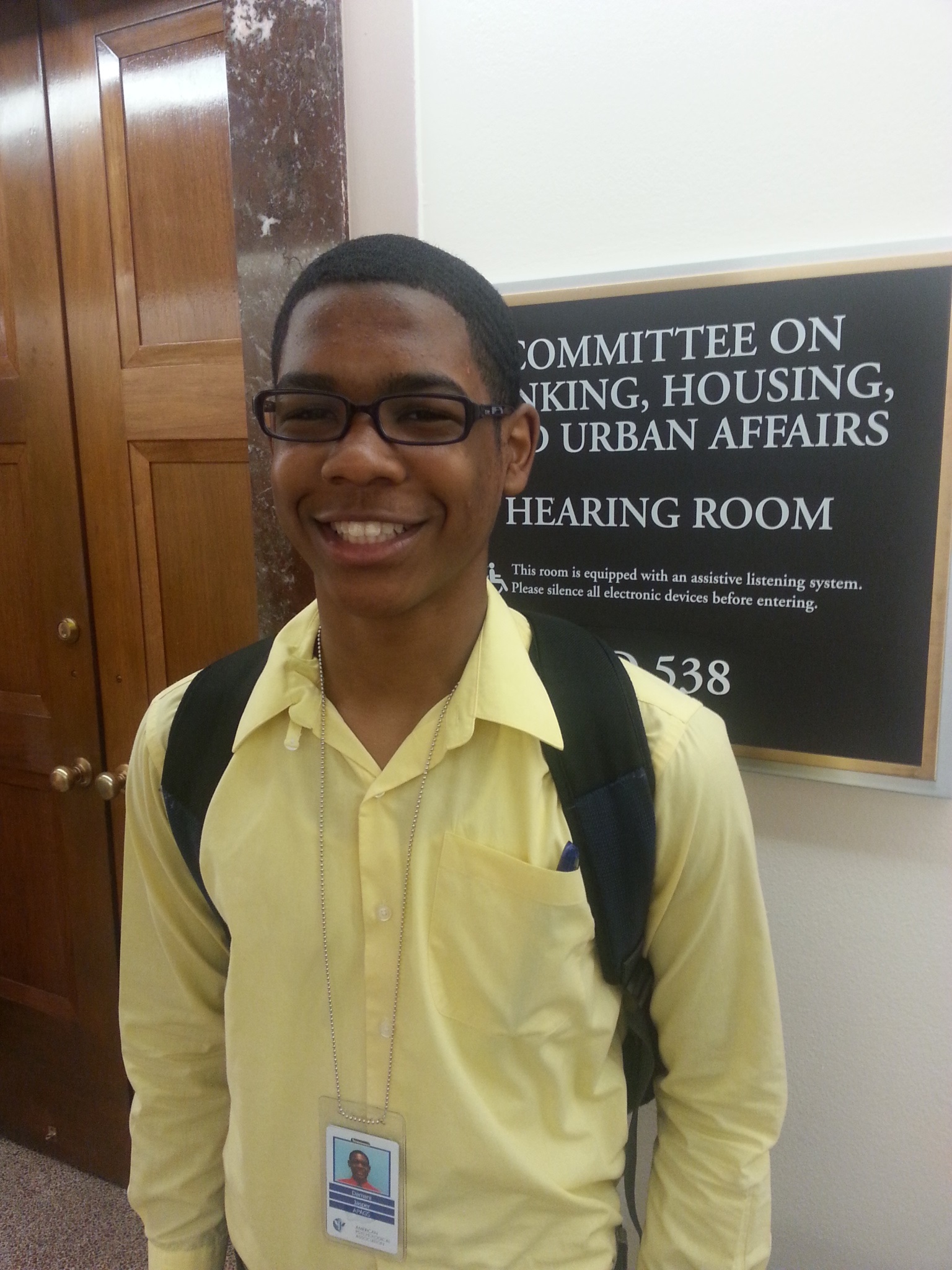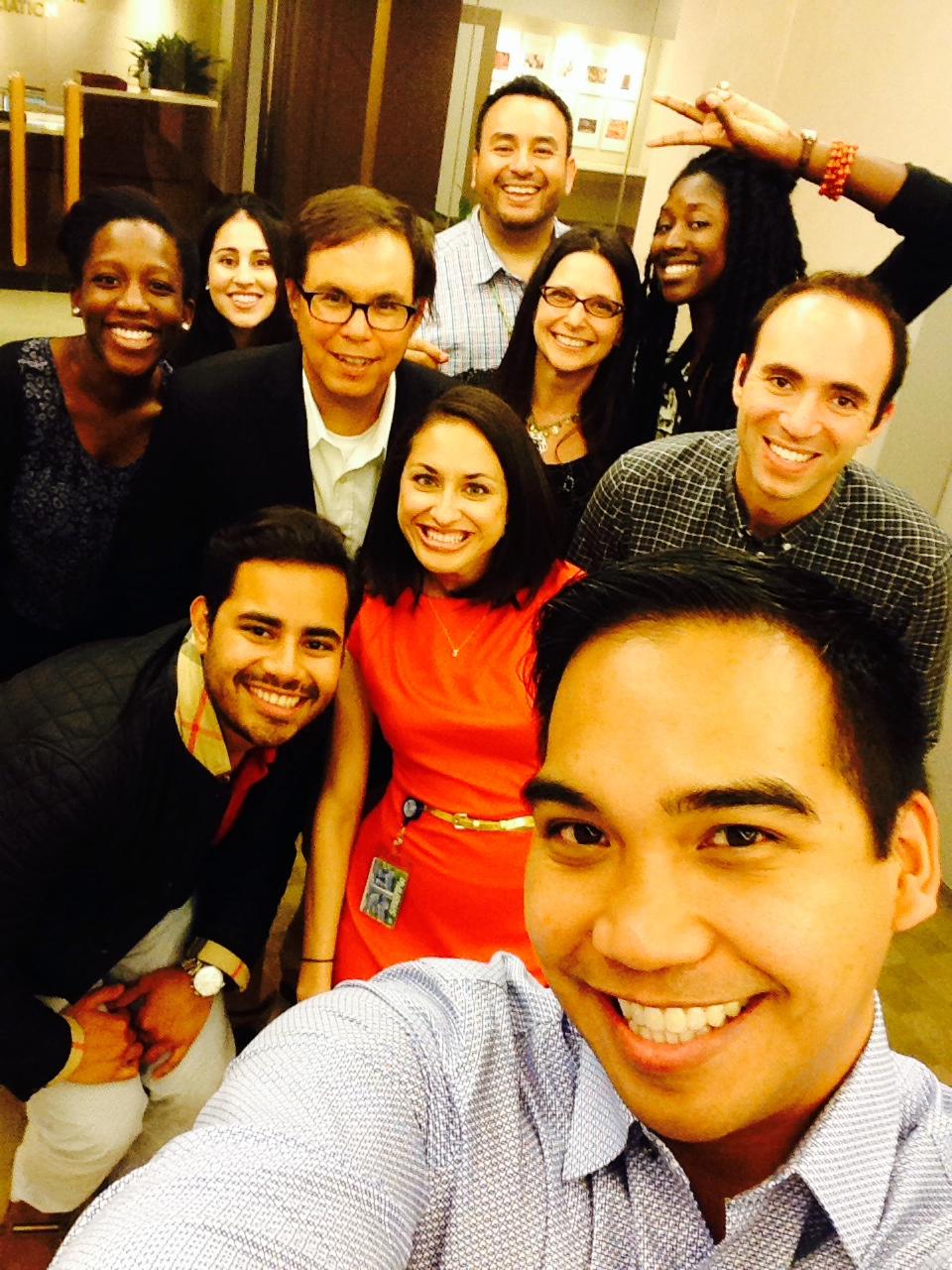APAGS recently spoke with Stacey Feuer, a fourth-year clinical psychology doctoral student, about her experiences of living for the past 17 years with Gaucher disease, an often invisible chronic, genetic illness characterized by its numerous effects on the body’s organs and systems.

Stacey Feuer.
APAGS: Stacey, please tell us a little about yourself.
SF: I am currently at NOVA Southeastern University in South Florida and my focus is on health psychology, specifically the psychological impact of people living with chronic medical illnesses. Next month, I will be working with people living with HIV/AIDS during a service trip to Swaziland in Africa. I am excited to present a paper at the annual APA convention in August with Dr. Barry Nierenberg and fellow student Sarah Cooper on an integrative model we are developing to evaluate and treat medical patients. I am also involved in other research projects — one involving cognitive contributors to pain, and another on applying positive psychology to individuals living with spinal cord injury. My future plans are to continue working with people living with chronic medical illnesses as both a therapist and advocate.
APAGS: What are some of the challenges of having Gaucher as a grad student?
SF: It has been challenging in many ways. Many people, including faculty members, have difficulty understanding how this illness has impacted me because even at my sickest points I have looked perfectly healthy from the outside. As with any chronic illness that has exacerbations and remissions, it is sometimes difficult to make short- and long-term commitments with friends when your health may change from one day to the next. I have been very fortunate, however, to have some wonderful people in my life.
Even at my sickest points I looked perfectly healthy from the outside.
Returning to school as a full-time student has only been possible because of certain accommodations. This has been essential to keeping up with all of my required coursework and commitments by helping to reserve my energy and pain levels as much as possible. Since my treatments take approximately half a day at a doctor’s office, it has been necessary for me to not schedule other commitments on those days. I have learned to tell others that I am simply unavailable.
APAGS: Have any positives come from this experience?
SF: The biggest positive has been the opportunity to use my experiences to help others in similar circumstances. Isolation is one of the biggest contributing factors to depression and anxiety in people living with chronic illnesses. It is very rewarding to be able to have a positive impact on the lives of individuals who are living with ongoing negative circumstances.
It is very rewarding to have a positive impact on individuals living with ongoing negative circumstances.
APAGS: How has Gaucher shaped your decision to study psychology?
SF: Being diagnosed with Gaucher 17 years ago has had a huge impact on my decision to pursue my doctorate in clinical psychology. In my twenties, there were several years in which I was very sick, requiring several surgeries and being essentially bed-bound. During this time, I was never able to find a therapist who understood chronic medical illness. I eventually went back to school for my master’s degree in leadership development and healthcare; however, I realized that I wanted to have a more personal impact in the lives of people. This realization encouraged me to pursue my doctorate in clinical psychology and to concentrate on health psychology.
APAGS: How did Gaucher inform your decision to find the right graduate program for you?
SF: I chose NOVA because it met two basic criteria (besides academic ones) — the warm weather and proximity to a Gaucher specialist. Due to the Gaucher, I have significant bone damage. These bone issues are the primary source of my chronic pain and are exacerbated by cold, damp weather. In addition, I knew there was a Gaucher specialist 30 minutes from Nova. Most doctors are unfamiliar with rare diseases and this can make communicating with them about your needs very difficult. Knowing that I would be able to have regular access to someone very familiar with Gaucher was key.
APAGS: Thank you, Stacey. Finally, is there something you want to pass on to fellow graduate students who may have similar health challenges?
SF: I have met many students in my program who are also balancing a demanding doctoral program with chronic medical problems. We have been able to support each other most importantly by reducing that sense of isolation and validating each other’s experiences. We also swap “war stories” and share tips on how to get through the program (like discussing which professors are most likely to work with you), and remind each other to take care of ourselves.
We support each other by reducing that sense of isolation and validating each other’s experiences. We swap “war stories” and remind each other to take care of ourselves.
Recently, I decided to take an extra year to complete my coursework due to my health and general burnout. I learned that several others have made this same decision for similar reasons. There can be so much pressure to complete these programs in their prescribed timelines which often do not work for someone with ongoing health issues. I would strongly encourage other graduate students with similar health challenges to seek out peers, faculty and staff with whom they can talk about their challenges and who will help them complete their education in a way that best fits their situation. Having that support is so important and can make all the difference.






 Editor’s note: Jasmin Llamas is the 2012-2014 Chair of APAGS-CARED. She is currently an intern at University of California – San Francisco and doctoral student in UC-Santa Barbara’s combined doctoral program in counseling, clinical, and school psychology. Jasmin will begin a professorship this fall at Santa Clara University.
Editor’s note: Jasmin Llamas is the 2012-2014 Chair of APAGS-CARED. She is currently an intern at University of California – San Francisco and doctoral student in UC-Santa Barbara’s combined doctoral program in counseling, clinical, and school psychology. Jasmin will begin a professorship this fall at Santa Clara University. 